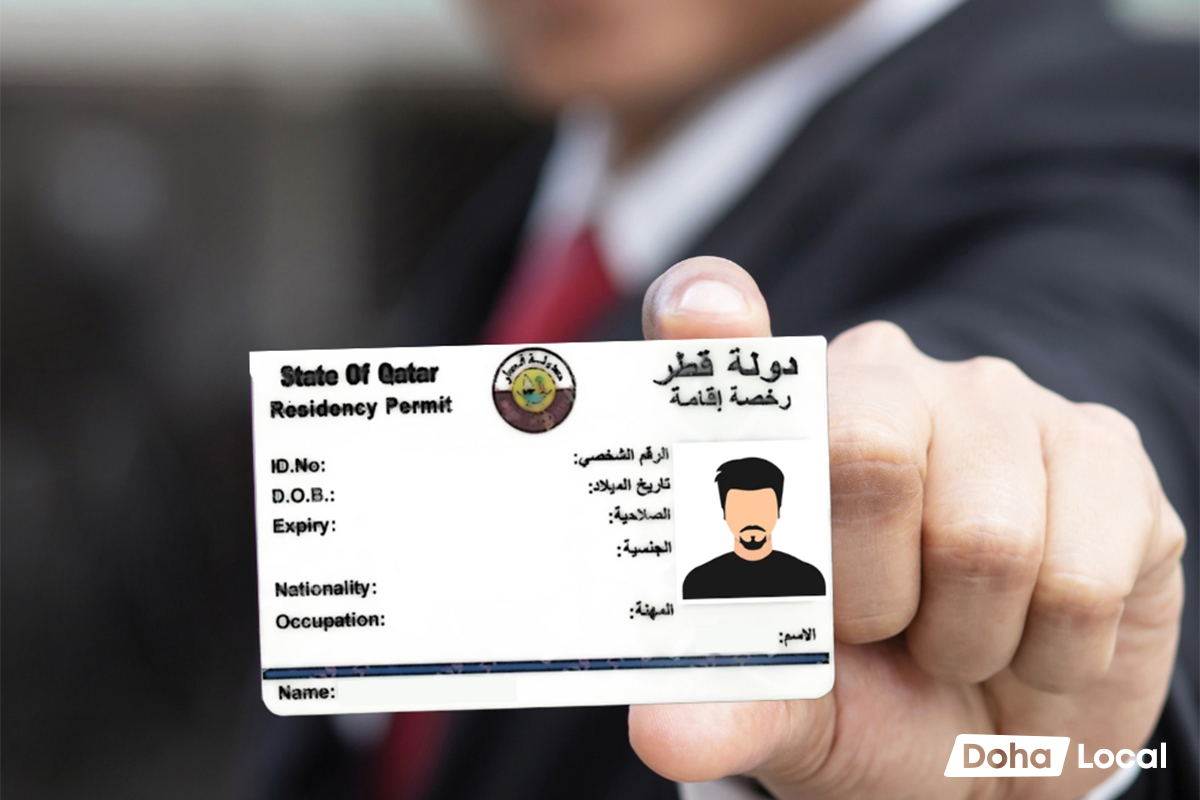How to Obtain a Qatar Residence Permit: A Step-by-Step Guide
Qatar is a thriving hub for business and tourism, attracting professionals and expatriates from around the globe. Whether you're moving to Qatar for work, starting a business, or joining family, obtaining a Qatar residence permit is essential. This permit not only legalizes your stay but also gives you access to essential services such as healthcare, banking, and schooling. Navigating the residence permit process can be complex, but with the right guidance, it’s manageable. This blog will walk you through everything you need to know about obtaining a Qatar residence permit, including frequently asked questions, key steps, and valuable insights to simplify the process.
What is a Qatar Residence Permit?
A Qatar residence permit (RP) is an official document issued by the government of Qatar, granting non-Qataris the legal right to live and work in the country. It's typically linked to your employment contract or family ties. With this permit, expatriates can bring their family members to live in Qatar, access state services, and travel in and out of the country without the need for a separate visa.
1. Secure a Valid Job Offer or Sponsorship
The first step in obtaining a Qatar residence permit is to secure a job offer from a Qatari employer. In Qatar, your employer acts as your sponsor and initiates the RP application on your behalf. If you are joining a family member already residing in Qatar, such as a spouse or parent, they can act as your sponsor instead.
Why Sponsorship Matters: The sponsorship requirement is mandatory. Without a sponsor, you cannot obtain a residence permit. Sponsorship ties your residency status to your employment or family status in Qatar.
2. Gather Essential Documents
Once you have a job offer or sponsorship, you'll need to gather essential documents. These typically include:
- Valid Passport: Your passport should have at least six months of validity left.
- Passport-sized Photos: Typically, you will need 2-4 recent photos with a white background.
- Employment Contract: A copy of your signed employment contract or official job offer letter.
- Medical Certificate: A medical examination is required, including tests for HIV/AIDS, hepatitis, and tuberculosis.
- Educational Certificates: Copies of diplomas or degrees, attested by relevant authorities.
- Police Clearance Certificate: A criminal record check from your home country, also attested.
Pro Tip: Make multiple copies of each document. Ensure they are attested by your home country's authorities and Qatar's Ministry of Foreign Affairs.
3. Undergo the Medical Examination
After arriving in Qatar, you must undergo a medical examination at an approved health center. This health check is mandatory for all expatriates and includes blood tests and a chest X-ray. The purpose is to ensure you do not have any contagious diseases. The results are usually available within a few days and are sent directly to your employer or sponsor.
Did You Know? Failing the medical test can result in your application being denied, and you may be required to leave Qatar. Therefore, it's crucial to undergo a medical examination in your home country before moving to Qatar to ensure you're fit to pass the tests.
4. Complete the Biometric Scanning
Biometric data collection is another essential step in the RP process. This includes fingerprinting and retina scans, which are conducted at the Mesaimeer Service Center or other designated centers in Qatar. You’ll need to bring your original passport and other identification documents.
FAQ: What if I am unable to complete biometric scanning immediately after the medical examination? You should complete biometric scanning as soon as possible. Delays can result in delays in processing your residence permit.
5. Submit Your Residence Permit Application
With your medical test results and biometric data in hand, the next step is to submit your residence permit application. This step is usually handled by your employer or sponsor, who will submit your documents to the Ministry of Interior. The processing time can vary but generally takes about 2-4 weeks.
Why Timely Submission Matters: Delays in submission can lead to complications with your stay in Qatar. It’s advisable to start the application process as soon as you arrive.
6. Pay the Required Fees
Obtaining a Qatar residence permit involves various fees, including the medical examination, biometric processing, and the RP issuance itself. The total cost can range from QAR 500 to QAR 1,000 depending on the type of permit and additional services required.
Pro Tip: Confirm with your employer or sponsor if they will cover these costs, as many companies do this as part of the employment package.
7. Receive Your Qatar ID Card
Once your residence permit is approved, you will receive a Qatar ID card, which serves as your official identification in Qatar. This card is essential for opening a bank account, signing rental agreements, and accessing healthcare services.
Why the Qatar ID is Important: Carry your Qatar ID at all times. It is required for identification purposes, especially when dealing with government services or law enforcement.
Conclusion
Obtaining a Qatar residence permit is a straightforward process if you follow the necessary steps and have the required documents in order. From securing a job offer to undergoing medical checks and submitting your application, each stage plays a critical role in ensuring your legal stay in Qatar. By understanding the process and preparing in advance, you can navigate the system with ease, allowing you to focus on enjoying your new life in Qatar. Whether you’re moving for work, business, or family, Qatar’s growing economy and vibrant culture make it a great place to call home.
